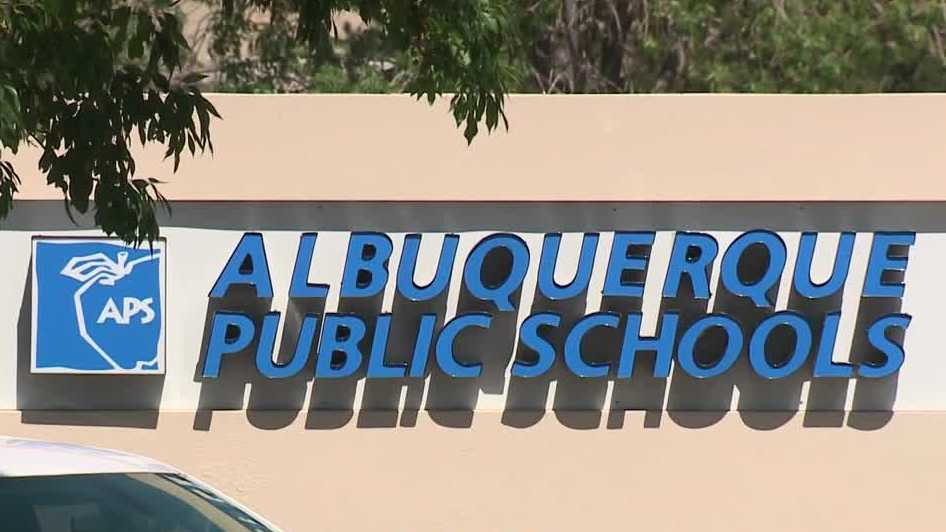Recently, the Tile Farm team was given the privilege of piloting our innovative math app with the Albuquerque Public Schools district (APS), and the results have been both exciting and enlightening.

From the outset of the pilot program, we have collaborated closely with APS’s Educational Technology department to tailor the app to their specific needs. Christy Snell, Head of Educational Technology Labs and Spaces for Albuquerque Public Schools, has been an amazing advocate for the pilot project: “We are excited for the opportunity to integrate Tile Farm into our elementary schools. It not only supports our mission to enhance math education but also aligns with our commitment to fostering creativity and problem-solving skills among our students. It’s a step forward in transforming how we teach math.”
This partnership has allowed us to gather invaluable insights into classroom dynamics, student engagement, and the best ways to expand teachers’ creative opportunities while meeting their core requirements. Thanks to Christy and Senior Director of Educational Technology, Aaron Jaramillo, testing is being conducted in APS maker spaces, STEAM labs, and digital learning spaces due to their curricular flexibility, and will soon be expanding to homerooms and math classes eager to integrate Tile Farm into their lesson plans.
The Pilot Experience
Iterations of Tile Farm have been tested in schools throughout New Mexico for nearly 5 years, producing resounding enthusiasm from students and teachers alike. From the onset of testing it was clear the app was fostering creativity and problem-solving skills, but there was a consistent request to develop more tutorials and activities that address core curriculum needs. Tile Farm Classroom and the district-wide APS pilot is the result of those requests. Now we’re starting to witness a remarkable transformation in student and teacher attitudes toward math as they realize Tile Farm’s creative potential and its ability to bridge math to nearly any subject or standard.
At SY Jackson Elementary School 3rd-graders used Tile Farm to explore the concept of 3-factor multiplication. Using standard methods, students were asked to solve the equation 3 x 3 x 3. When the teacher asked “Who has the answer?” only a few hands went up. One student was called on, and provided the steps to their correct answer verbally while the rest of the class sat quietly. The class then used Tile Farm on their chromebooks and tablets to represent the equation 2 x 3 x 4. They were given 5 minutes to use different tiles, colors, and tools to visualize their unique expression of the equation. The teacher then asked “Who wants to show their answer?” All hands shot up. One student was called on and, without prompting, she walked to the front of the class so her peers could all see her solution. She explained her creative process and the mathematical strategy she used to build her solution. She said she was confident in her answer because she could see it and check it using the standard method. After a few more students got the opportunity to share their unique solutions, the class was split into small groups to solve more complex equations. They discussed their strategies and shared their insights, fostering a sense of creative collaboration.
Many teachers have also noted Tile Farm Classoom has fueled opportunities for differentiated instruction, allowing them to cater to diverse learning styles and better identify students that may be gifted or need more support. One teacher remarked, “I’ve never seen my students so excited about math! They’re not just solving problems; they’re creating their own challenges and contests and exploring solutions together.”
Insights and Growth
As the pilot progresses, we’re introducing more curriculum features and gathering feedback through surveys, interviews, and classroom observations. Many students have shown increased engagement and improvements in critical thinking and spatial skills. They have also reported feeling more confident in their ability to tackle challenging problems, indicating that the app could be boosting their mathematical resilience as well.
One of the key insights we’ve gained is the importance of concept visualization to students. By incorporating multi-subject challenges such as connecting numeracy to maker space activities, creating letters to make words, or recreating cultural patterns from around the world, students have new references for the ways math can connect to almost every area of our lives. We are very interested in seeing what outcomes this new relationship with math will produce in a longer-term study.
Looking Ahead
As we continue our pilot with the Albuquerque Public Schools District through 2024, we are filled with gratitude for the collaboration and insights gained from this experience. Our journey is just beginning, and the feedback we’ve collected will guide us in refining and enhancing the app to better serve students and educators alike.
At Tile Farm, we are committed to making math a beautiful adventure that sparks curiosity and fosters a lifelong love of learning. We believe that every student has the potential to excel in math when given the right tools and encouragement. As we look to expand our reach and impact, we remain dedicated to our core mission: to unlock creative thinking for learners everywhere.
Stay tuned for more updates as we continue to develop Tile Farm Classroom and share our experiences with other districts across the country. Together, we can transform math education into a vibrant, creative journey!